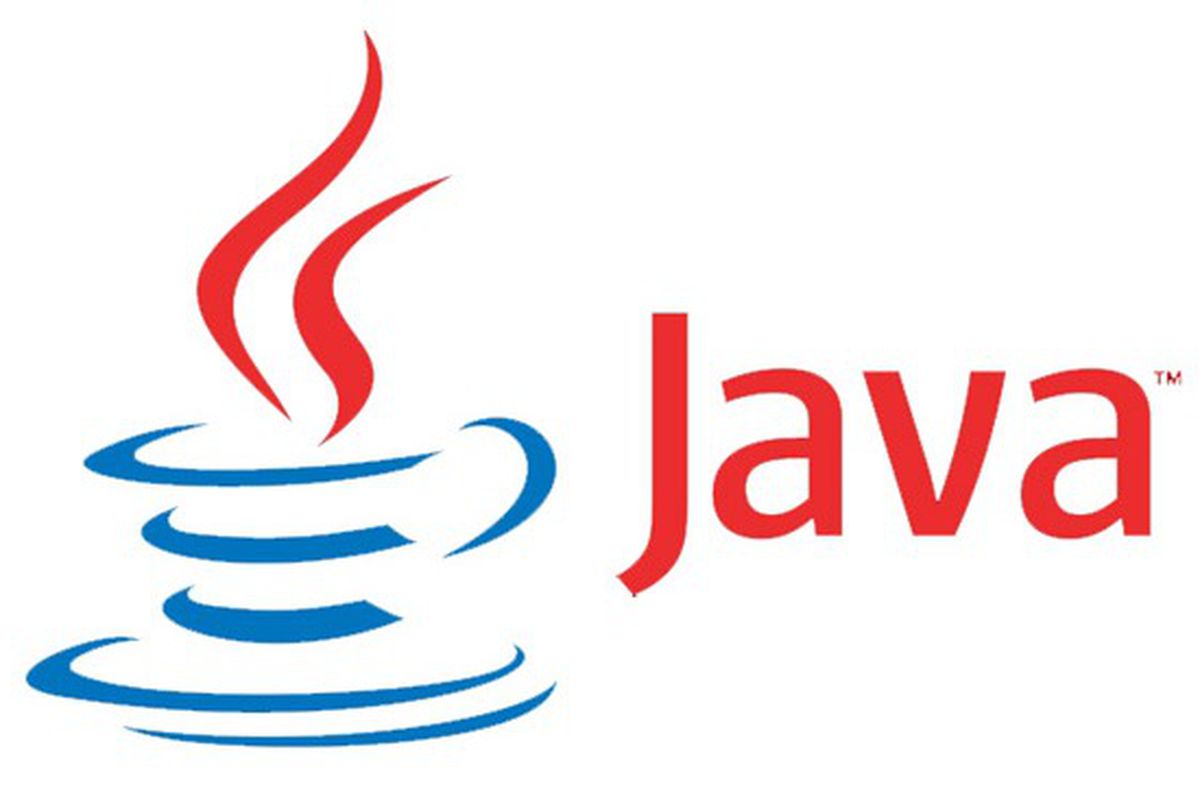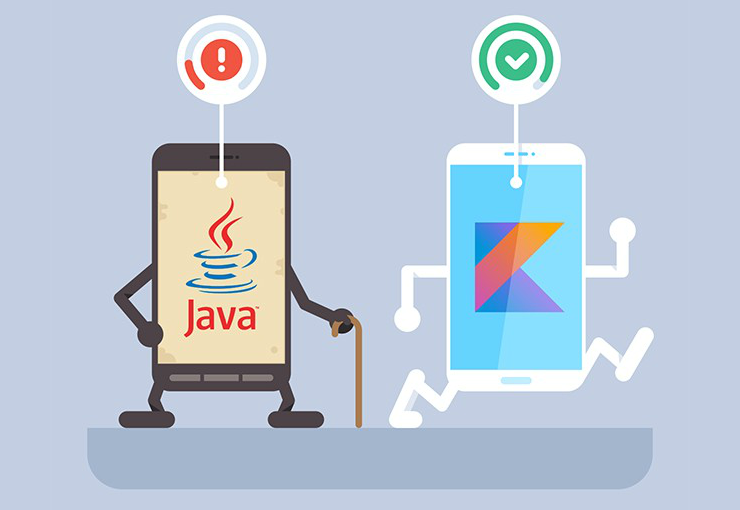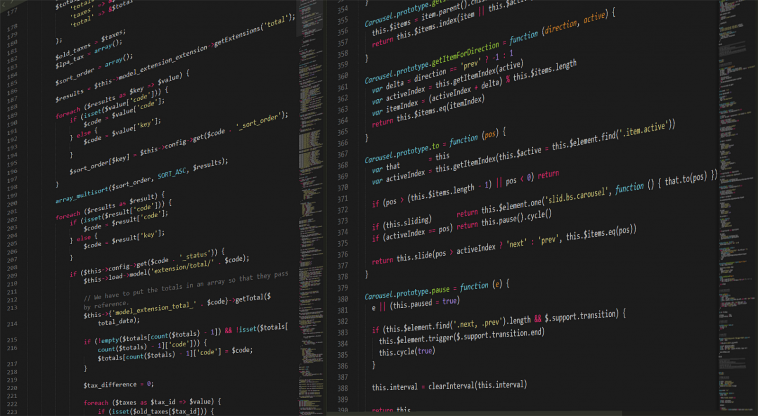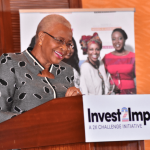TechInAfrica – Java, one of the world’s most renowned programming languages, is essentially intended to let application developers write once, run anywhere (WORA); meaning that compiled Java code can run on all platforms that support Java without the need for recompilation. According to GitHub, Java was one of the most popular programming languages in use during the year 2018, with approximately 9 million developers—and counting. At its initial launch in May 23, 1995, the soon-to-be popular language was originally designed for interactive television, but the digital cable television industry at the time deemed that the matter was unsuitable for implementation.
When was the first time I introduced myself to Java? I started to get acquainted with the language when Minecraft released its Pretty Scary Update on late 2012—when we had to manually tweak the .jar files in order to apply mods—ah, good old days indeed.
I Code Java, Africa’s largest Java, Kotlin and mobile developer conference, will also be making its fifth annual return by this month, particularly in July 24th to 26th. The event, which would take place in Microsoft Head Office, Johannesburg, invites tech-savvy individuals, future investors, and developers alike to indulge in sharing sessions regarding the latest trends, technologies and best practices with their respective African JUG Community. Attendees are also encouraged to submit and share their talks—whether it’s challenges they’ve faced, a framework they’ve created, or anything they feel they’d like to share that could forward the Africa development community.

This year’s I Code Java (ICJ) will concentrate more on manifesting a feasible solution to address the lack of technical talent in various elements of Africa’s technology scene. Skills shortage is an issue that could potentially hinder small and/or large corporations to progress further in the referred sector. Corneil du Plessis, one of the up-and-coming speakers for ICJ 2019, admitted that the staggering condition is often emphasized by the lack of technical consultancy (though not all the time) and general diversity.
Du Plessis also spoke that executors must tread lightly in order to change the subjects that are experiencing unprecedented growths. Such aspects would serve as greater frameworks for the embodiment of Java development—in which it’s extremely popular in South Africa as their main programming language. Particularly for mobile application development, Java wins the heart of software engineers because of its low investment nature, yet they can also reach a higher base of users.
Not only Java will take the spotlight, but Kotlin—a relatively new language, it wasn’t as popular when I started learning Ruby back in 2014—is going to introduce itself as a language designed to interoperate fully with Java. Du Plessis confessed that this year’s ICJ would be a great background to showcase how much Kotlin has achieved, and also to see its upcoming potentials as well as its potential benefits that could be reaped. Initially launched in 2011 by JetBrains, Kotlin’s weighty design has piqued Google’s interest in supporting it for official mobile development on Android systems. In fact, Kotlin has been Google’s preferred language for Android app development since 7 May 2019.

Wow, talk about exceptional development.
Rebecca Franks, another I Code Java 2019 speaker serving as an Android engineer, deemed that one of the most significant challenges in mobile technology came also from the lack of technical talent. Albeit companies are always opening vacant positions and roles as coders and/or developers, there are just not enough individuals to cover all their demands. Franks also asserted that she’s more than eager to share her knowledge to the upcoming audience of I Code Java 2019, all while meeting local developers (or even startup entrepreneurs) in order to delve further into the insights of the market.
Despite being a relatively early language, Kotlin managed to attract people’s attention for being their preferred language because Kotlin claims itself to be concise—drastically reducing the amount of boilerplate code, safe, interoperable, and tool-friendly. Kotlin has released its 1.3 update along with various major and minor tweaks and stabilizations for further usages, yet this upcoming ICJ will most likely unfold more than meets the eye.
Do you think Kotlin and Java will be able to reveal its pinnacle apex in the coming week?
Source: htxt.co.za



